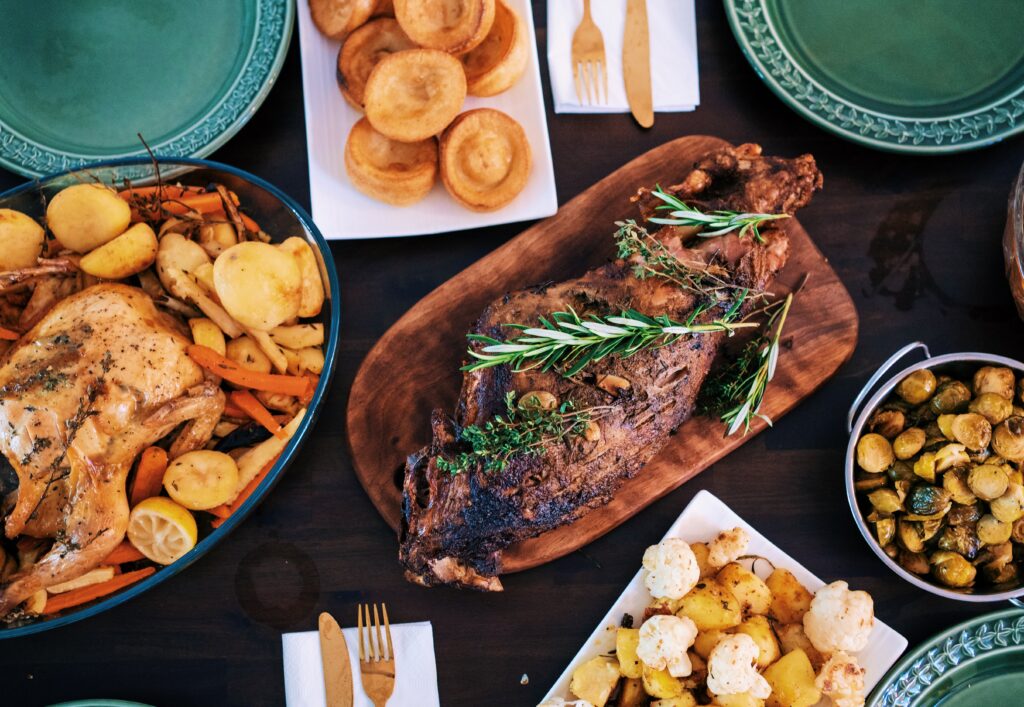Associations against waste warned today about excess consumption until the end of the year, calling for restraint and remembering the figures that indicate that a third of food is wasted.
People can use this average by looking at the Christmas table: a third of the cod, turkey, king cake, sweets and savory snacks will go to waste, the director of the “Unidos Contra o Desperdício” movement told Lusa. Francisco Mello e Castro.
«It is a time of a lot of consumer abuse, although for good reasons, and not just food. Just look at the amount of rubbish in the bins the following mornings (Christmas and New Year), he said, regretting that at the same time there is a notable increase in homeless people.
The movement recalls data such as 25% of fresh water being used to grow food that will be wasted, but also the greenhouse gases generated to produce this useless food (so much so that if food waste were a country it would be the third largest emitter).
The truth, also contradicts Lusa Sara Morais Pinto, from the “Zero Waste Lab” association, is that there should be more awareness and information about the life cycle of a product, from when it was made, how much water it consumed, what materials were necessary, where it was made, the transport logistics, the time of use, until it is considered waste.
The co-founder of the association believes that raising awareness about waste, whether food or not, is crucial. And during Christmas and New Year it is a time when people, individually, “can do things differently”, so that public policies are also improved.
“Zero Waste Lab”, with other associations, is preparing a document to deliver to the next government with the aim of making bulk sales more flexible and making bulk sales a consumer right, said Sara Morais Pinto.
«And it is civil society that has to think about this. We don't see the food issue in the rules on the circular economy", he lamented, noting that Christmas has nothing to do with consumption, but the appeal to consumption is already rooted, as well as the idea that one becomes more satisfied by buying more.
In this sense, the person responsible believes, stores selling second-hand products should be replicated, reused, bought from local markets, from artisans, or even made your own gift.
There are many ways to do things differently, from wrapping gifts to preparing Christmas dinner. «And it can even be fun», she assured, remembering that 40% of the contents of rubbish bins are urban waste.
According to estimates cited by “Zero Waste Lab”, 11,2 billion tons of solid waste are collected each year, with the waste sector contributing significantly to the emission of greenhouse gases in urban environments and the loss of biodiversity.
Around 931 million tonnes of food are wasted each year, and it is estimated that up to 37 million tonnes of plastic waste will enter the ocean annually by 2040.
Also in the area of food, the numbers of the “United Against Waste” movement are high. In 2019, the 21 Food Banks prevented around 17.218 tons of food from going to waste, feeding 320.000 people with it throughout the year.
The same figures indicate that each Portuguese person wastes 184 kilos of food per year, which amounts to 1,8 million tons, one of the countries (the fourth) that wastes the most in Europe. The European bloc throws 88 million tons of food into the trash every year.
That's why, this Christmas, Francisco Mello e Castro advises that food purchases are planned, and then that leftovers are used, that cod is eaten in more meals, that dishes are reinvented and new recipes are created, which are freeze. And offering what you don’t want to entities like “Refood” or “Comunidade Vida e Paz”, to name just two.



















Comments